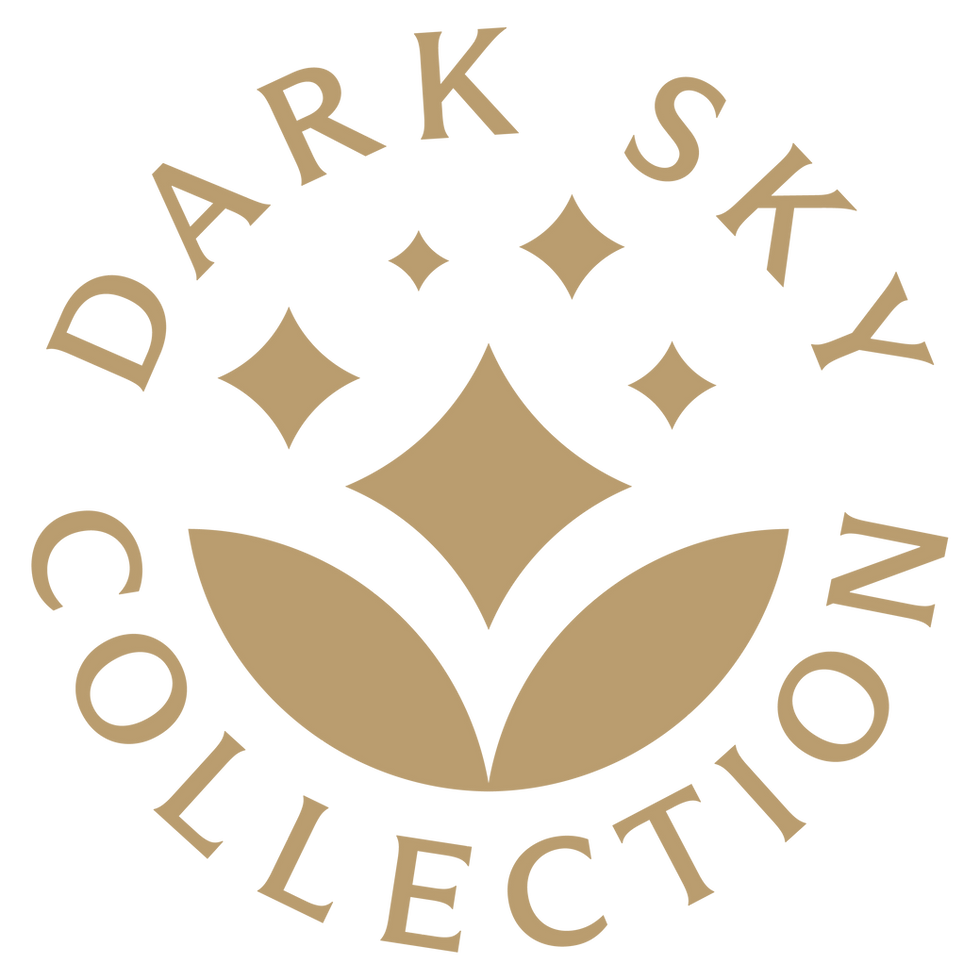From Soil to Stream: Safeguarding Drinking Water in the Brecon Beacons
- Heidi Davies
- Jul 22, 2025
- 3 min read
Updated: Sep 10, 2025
Published 22nd July. 2025 | By Heidi Davies

When you visit us here at Dark Sky Collection in the beautiful Brecon Beacons, you're not just surrounded by stunning scenery, you’re also staying on a working farm that’s at the forefront of sustainable agriculture.
Our farm, Glwydcaenewydd is proud to be a demonstration farm for the Beacons Water Group, a pioneering collaboration between eight local farmers and Welsh Water (Dŵr Cymru). One of our very own, Keri, is a founding director of the group, which was created to protect something many of us take for granted, our drinking water.
Why It Matters
Did you know that 50% of Wales’ population relies on the Brecon Beacons water catchment for drinking water?

50% of Wales’ population relies on the Brecon Beacons water catchment for drinking water?
That includes the very rivers and hills you see around you during your stay. Protecting that water begins with how we treat the land it flows through, and that’s where farming plays a vital role.
Our Buffer Zone Experiment
Over the past six years, Glwydcaenewydd has been trialling Productive Buffer Strips, essentially strips of deep-rooting plants like Red Clover, to see how they affect water infiltration and soil health.
And the results? Remarkable.
A 10-metre wide, 100-metre long strip of red clover can absorb an incredible 6.75 tonnes of water per hour.
We’ve found that using red clover can increase water infiltration by 60%, helping reduce surface runoff and improve water storage in the soil.
This means that when it rains, especially during heavy storms, our land can absorb more water, reducing flood risk in nearby towns and cities. And in drier spells, that stored water helps keep our rivers flowing and cool, helping prevent harmful blue-green algae blooms.
What’s Happening Underground?
Red and white clovers, along with herbal leys (diverse pastures), do more than just look pretty. They’re legumes, meaning they naturally draw nitrogen from the air and deposit it into the soil through their root nodules. These roots also break up compacted soil, creating pathways for water, air, fungi, and earthworms to thrive.

Speaking of worms, we recently counted 288 earthworms per square foot of soil! That’s more living biomass below ground than above it. In other words, our soil is alive and well, and that’s exactly how we like it.
From Soil to Stream: A Bigger Picture
Our work on the farm is part of a wider partnership with the Wye & Usk Foundation, the Brecon & Monmouthshire Canal, and Powys County Council. Together, we’re exploring how land use, how we graze animals, grow crops, and manage our fields, can be a powerful tool for environmental change.
The Welsh Government now sees this kind of farmer-led collaboration as a "gold standard" model. Not only are we reducing pollution and flood risk, but we’re also making our farm more resilient to droughts and extreme weather, ensuring we can keep producing food for years to come.
Healthier Land, Healthier Animals
Red Clover isn’t just good for the soil and water, it’s also a fantastic crop for livestock. Our cows and sheep thrive on it, gaining weight naturally and happily, without the need for artificial fertilisers. It’s a win-win: happy animals, healthier land, and cleaner water.
A Natural Approach to Fertility
We’re also exploring ways to reduce or even eliminate the need for artificial fertilisers altogether. By adding natural materials like lime and gypsum, we can unlock the nutrients already present in our soils. This helps plants grow stronger and healthier while also improving water quality and reducing environmental impact.
So while you're relaxing here in the Brecon Beacons, know that the land around you is part of something much bigger.
We're not just farming, we’re stewarding the landscape, working with nature to protect our environment, our water, and our future.
We’re proud of the journey we’re on and delighted to share it with you.
.png)




Comments